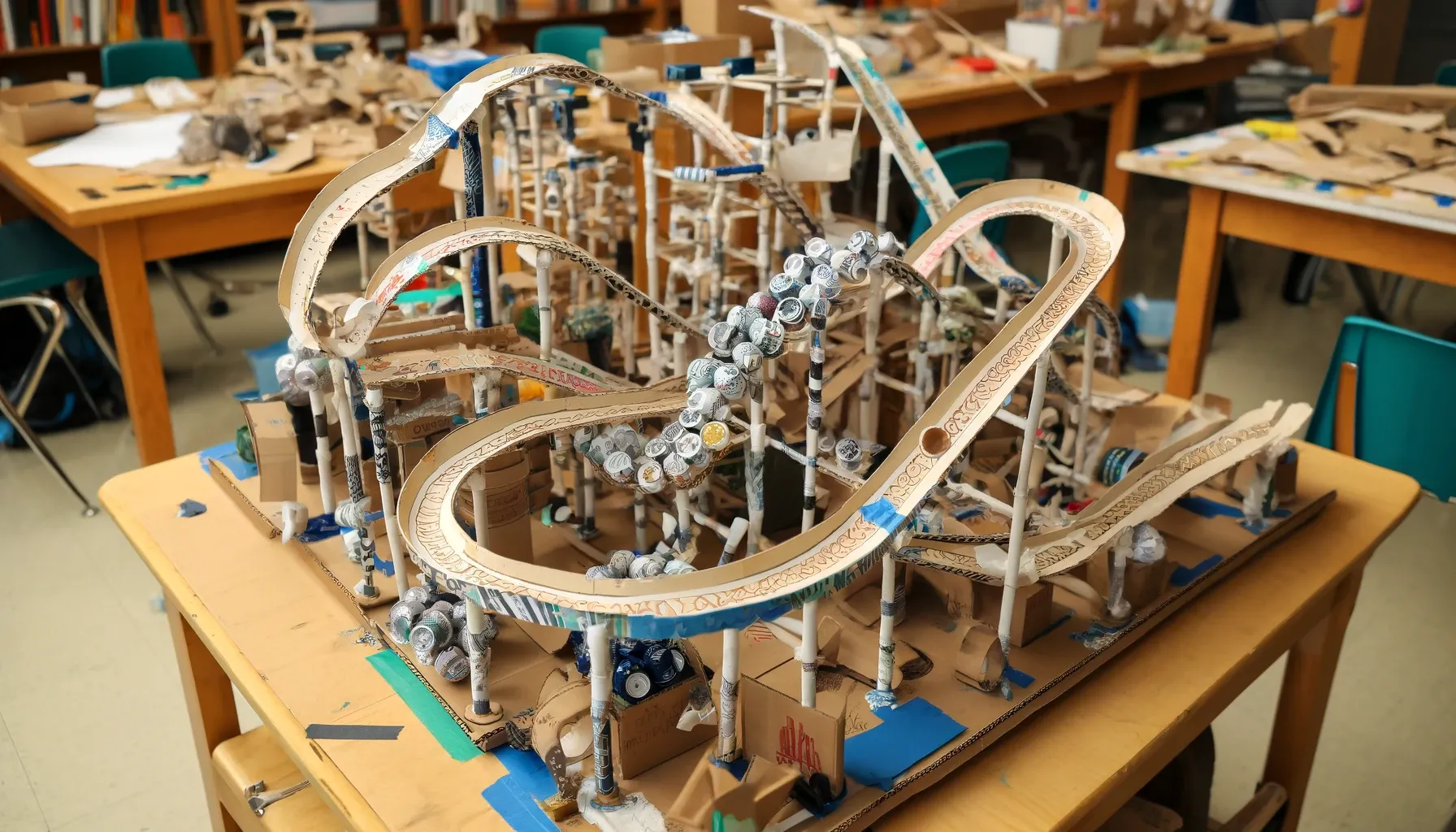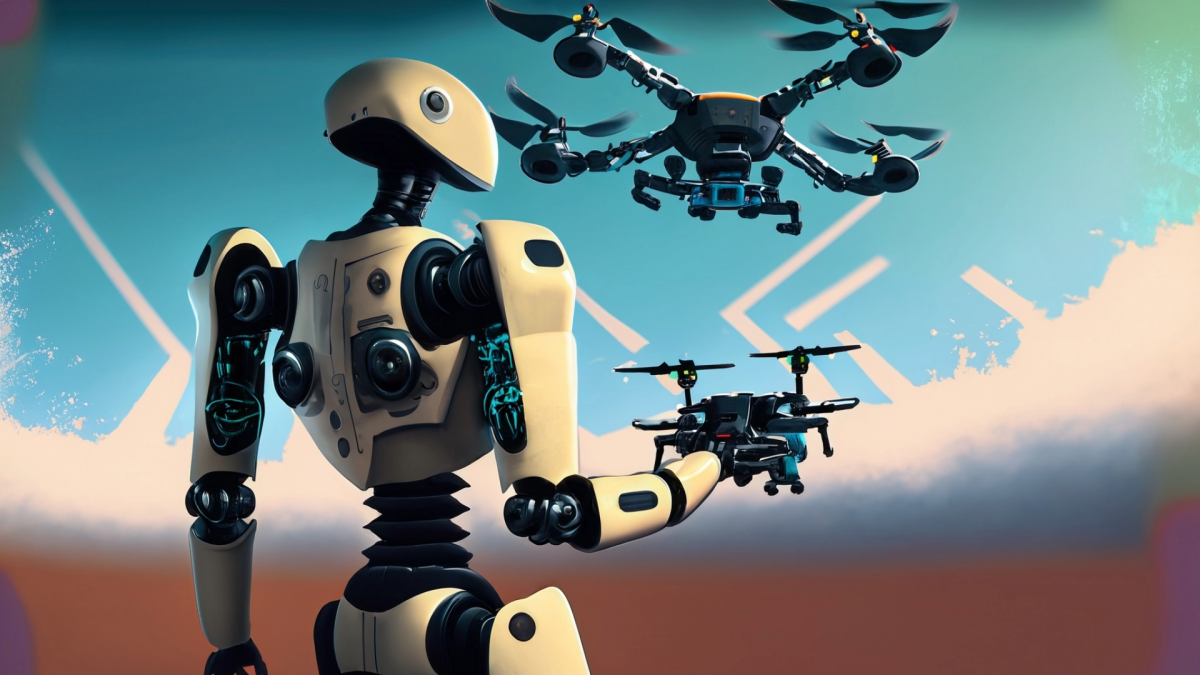
Designing a Labyrinth: Engineering Challenge Inspired by the Myth of Perseus
by Robyn Yewell
Students will apply principles of design, engineering, and mathematics to create a physical or digital labyrinth inspired by the myth of Theseus. This project integrates STEM concepts with literature, promoting creativity, problem-solving, and teamwork.
Over the course of nine days, students will engage in research, design, construction, testing, and presentation phases. They will study the myth of Theseus, explore labyrinth designs, and apply geometric and engineering principles. Students will work in groups to create detailed sketches and build prototypes, either physically with materials like cardboard and wood, or digitally using 3D modeling software. They will test and iterate their designs, ensuring functionality and challenge. The project culminates with a presentation and demonstration of their labyrinths, reflecting on the integration of STEM and literature.
Lesson Plan Link/URL
https://docs.google.com/presentation/d/1n2zLDpbOuFqEdtP-x7MXGdjsxBSLgMjmvlBaoAl…Subject Area
Science Physical Science P3: Net Force Earth and Space Science Life Science Technology 1. Empowered Learner 3. Knowledge Constructor 4. Innovative Designer 5. Computational Thinker 6. Creative Communicator Engineering S2: Apply the Engineering Design Process S3: Apply Mathematics to Engineering S4: Apply Science to Engineering S5: Apply Technology to Engineering S6: Apply Communications to Engineering Mathematics Measurement and Data (MD) Geometry (G) Algebra (A) English Language Arts (ELA) Reading (Literature) Writing Speaking & Listening
Featured
Off
Related Content

Grades:
6th Grade, 7th Grade, 8th Grade
Students will learn the importance of clear, precise communication by directing a partner to navigate a drone through an obstacle course. This exercise will draw parallels to writing clear and

Grades:
7th Grade, 8th Grade, 9th Grade, 10th Grade, 11th Grade, 12th Grade
Want to incorporate the Arts into your 7-12 STEM classroom? The Global Science Opera provides a way to do just that! Learn how to facilitate a STEAM collaboration with arts teachers to make it happen.

Grades:
9th Grade, 10th Grade, 11th Grade, 12th Grade
In this lesson students evaluate the advantages and disadvantages of conventional, petroleum-based plastics, bioplastics, and their different varieties. The lesson is driven by class/group research